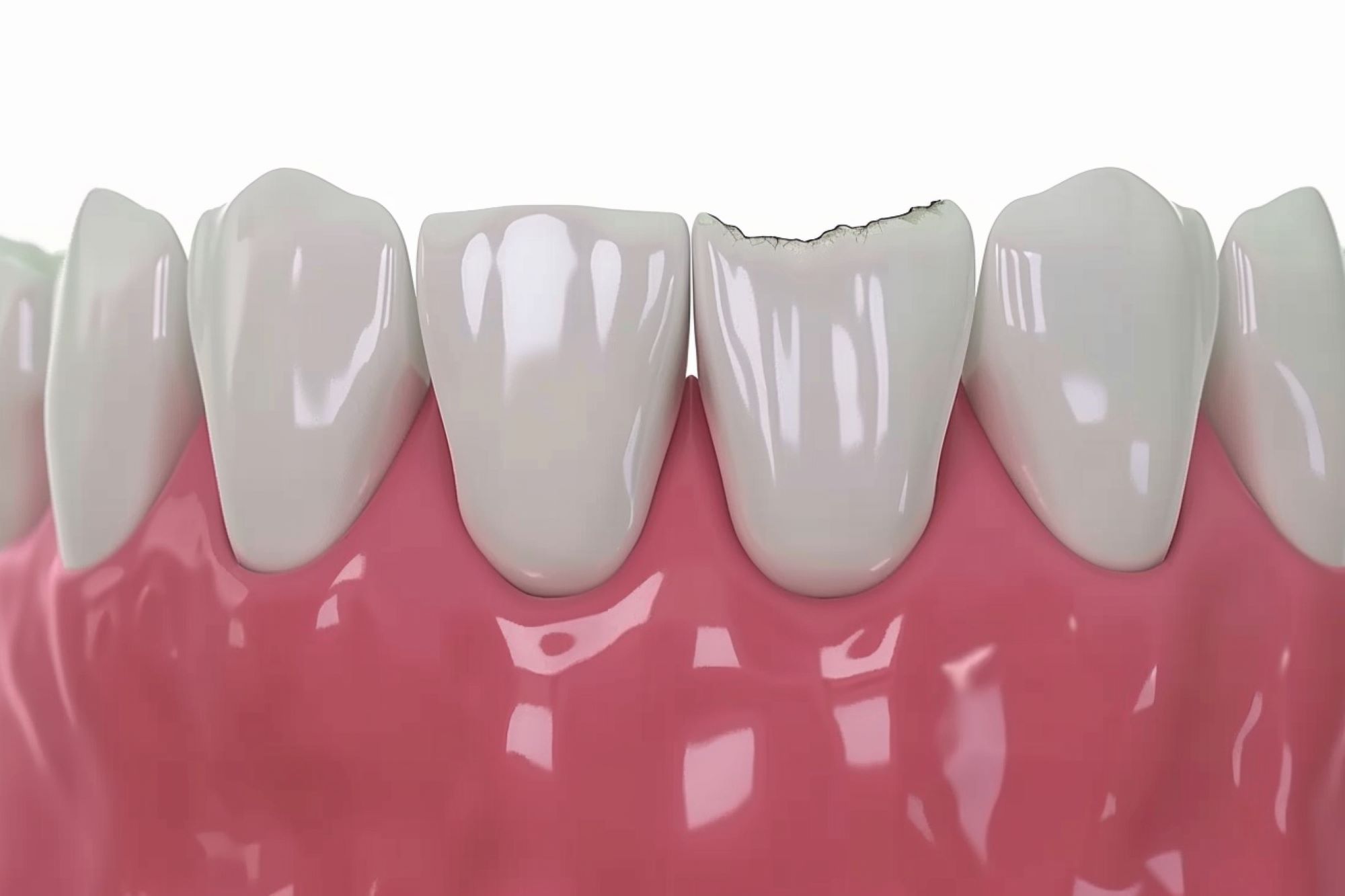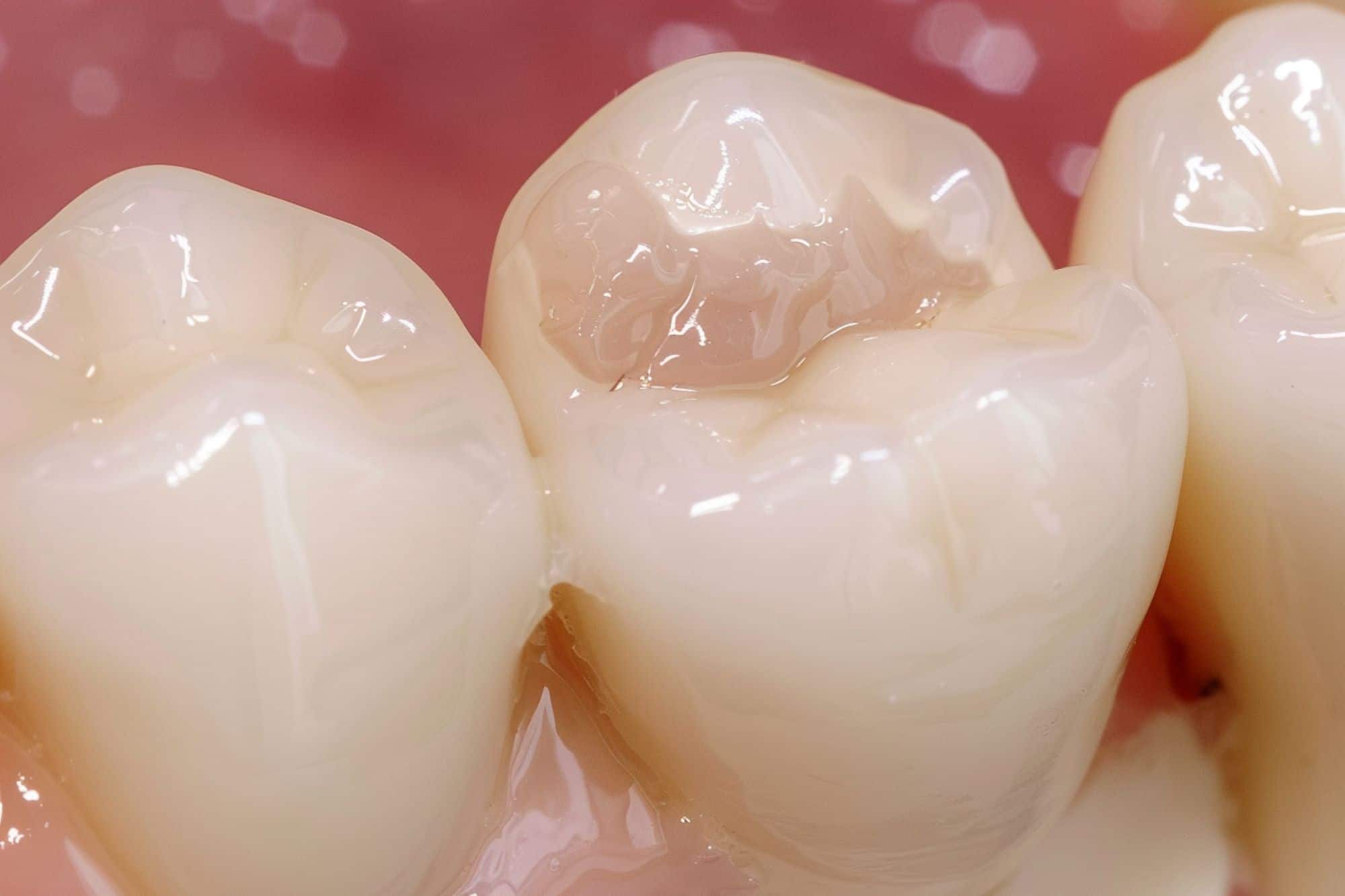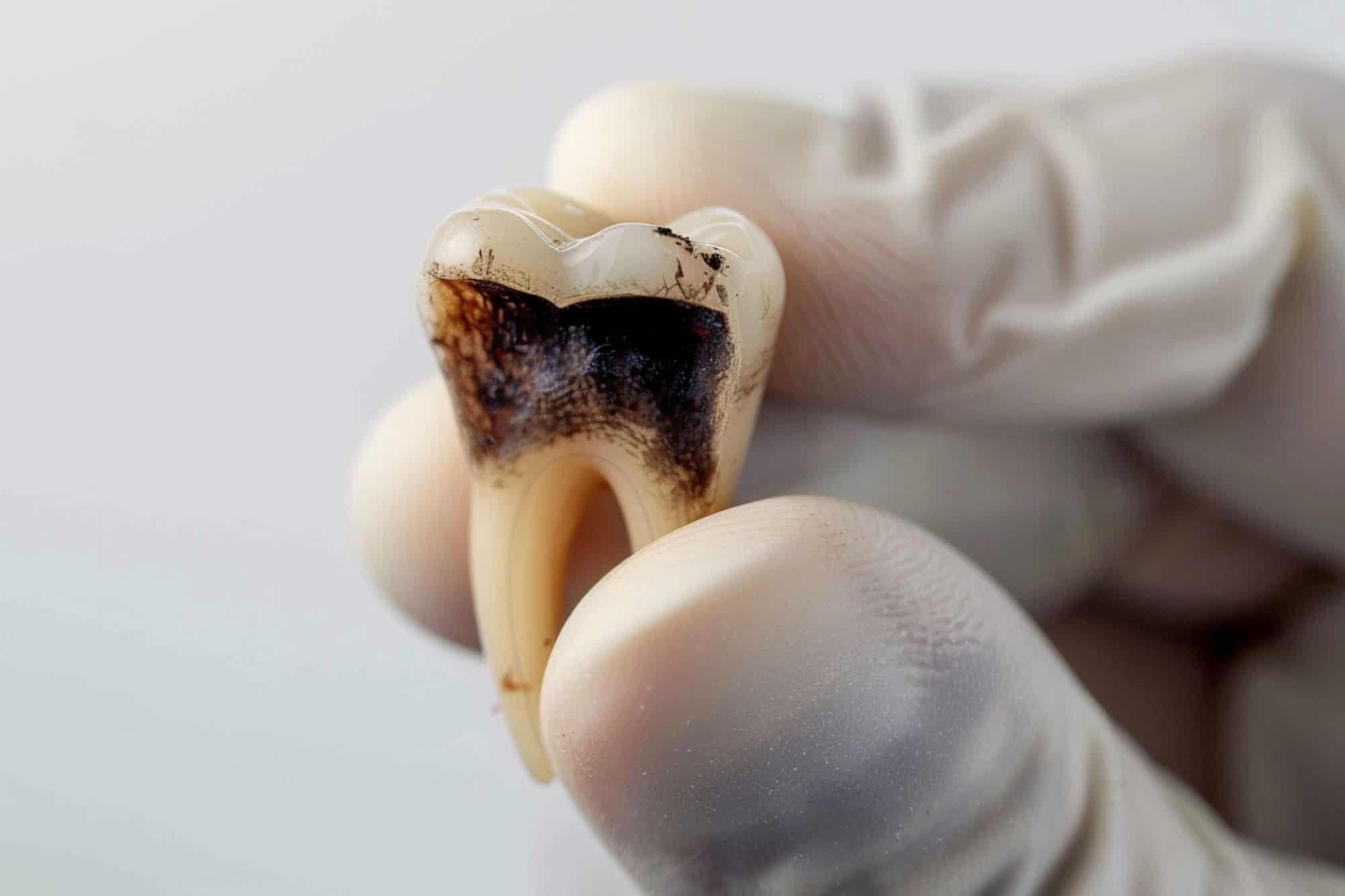Welcome to our blog where we demystify the roles of orthodontists and oral surgeons. If you’ve ever wondered about the differences between these two types of dental specialists, you’re in the right place. Today, we’ll explore what each professional does, how they train, and when they might work together to give you the best possible care for your smile.
Understanding Orthodontists: Role and Responsibilities
An orthodontist is a type of dentist who specializes in making sure your teeth and jaws are set correctly. This specialist helps align your teeth and correct any issues with your bite, using braces, clear aligners, and other tools.
Educational Background
Becoming an orthodontist isn’t quick or easy. It starts with completing a four-year dental school program. After earning a dentistry degree, these professionals must also complete a two to three-year residency program in orthodontics. During this time, they learn the specific skills needed to manage tooth movement (orthodontics) and guide facial development (dentofacial orthopedics).
Key Responsibilities
Orthodontists focus primarily on dental irregularities (overbites, underbites, and crossbites), designing and applying braces, clear aligners, and retainers to straighten teeth, and monitoring patient progress and adjusting treatments as needed to achieve the desired results. Their work is crucial not only for improving the look of your smile but also for improving your oral health.
Oral Surgeons: Expertise and Scope of Work
An oral surgeon, also known as an oral and maxillofacial surgeon, deals with more complex dental issues than general dentists. This includes surgeries on the mouth, jaw, and face.
Educational Path and Training
Like orthodontists, oral surgeons start their careers in dental school. However, after dental school, they enter a surgical residency program that lasts at least four years. This training is more intensive and focuses on procedures involving the face, mouth, and jaws. They learn skills like how to administer anesthesia, perform complex tooth extractions, and treat facial injuries.
Scope of Work
Oral surgeons handle a variety of tasks, including removing impacted teeth (like wisdom teeth), performing reconstructive and cosmetic surgery, treating facial traumas, and placing dental implants. Their work often overlaps with other medical disciplines, requiring a broad and deep understanding of healthcare.
Differences Between Orthodontists and Oral Surgeons
While both orthodontists and oral surgeons are experts in their fields, their roles and responsibilities differ significantly. Orthodontists mainly work to correct misalignments in teeth and jaws, primarily using non-surgical methods like braces. On the other hand, oral surgeons perform surgical procedures to address more severe conditions that involve the structure of the jaw and face.
If your teeth are crowded or if you have a misaligned bite, an orthodontist in Erie will likely be able to help. However, if you need a tooth extracted, or have a condition that requires surgery on your jaw, an oral surgeon would be the appropriate specialist to consult.
TIP:
Knowing the differences between an orthodontist and an oral surgeon can help you decide whom to consult depending on your dental needs.
Collaborative Efforts in Dental Treatment
Orthodontists and oral surgeons often collaborate to provide comprehensive care, especially in complex cases that require both alignment and surgical intervention. Here’s how they work together:
Teamwork in Treatment Planning
In cases where a patient needs corrective jaw surgery (orthognathic surgery), the treatment typically involves both orthodontic procedures and surgical interventions. An orthodontist will prepare the patient’s teeth for surgery by aligning them properly, and once that phase is complete, an oral surgeon steps in to perform the actual surgery. After the surgery, the orthodontist continues the treatment to fine-tune the teeth alignment and ensure the best functional and aesthetic outcome.
Case Example: Treating Underbites or Overbites
For conditions like severe underbites or overbites, where the jaws do not align correctly, the combined expertise of both specialists is crucial. The orthodontist works on aligning the teeth in the correct position before and after surgery, while the oral surgeon adjusts the jaw position surgically. This teamwork leads to a functional bite and an improved facial profile.
… collaborative approach ensures that patients receive the most effective treatment …
This collaborative approach ensures that patients receive the most effective treatment, which often leads to quicker recovery times and more satisfactory outcomes.
Choosing the Right Specialist for Your Dental Needs
When facing dental issues, knowing which specialist in Erie to consult can save you time and ensure you receive the appropriate treatment. Here’s how you can decide:
Factors to Consider
Nature of the Dental Issue: If your issue is related to tooth alignment, overcrowding, or bite correction without any need for surgical intervention, an orthodontist is your go-to specialist. However, if your condition requires surgical treatment, such as tooth extraction, jaw correction, or treatment for trauma, an oral surgeon will be necessary.
Referrals and Recommendations: Often, your general dentist will recommend whether an orthodontist or an oral surgeon is needed based on your specific condition. They might also refer you to a trusted specialist.
Choosing the Right Provider
Check Credentials and Experience: Ensure that the specialist has the necessary qualifications and experience to handle your specific dental needs.
Consultation: Before deciding, schedule a consultation to discuss your condition and treatment options. This meeting can give you a sense of the specialist’s approach and compatibility with your needs.
Understanding these factors will help you make an informed decision about whom to consult for your dental care.
Frequently Asked Questions
As we wrap up our discussion, let’s address some common questions related to orthodontists and oral surgeons:
What is the difference between an orthodontist and an oral surgeon?
An orthodontist specializes in aligning teeth and correcting bites using non-surgical methods. An oral surgeon performs surgical procedures related to the mouth, teeth, and jaw.
When should I see an orthodontist vs. an oral surgeon?
Visit an orthodontist for braces, clear aligners, or other devices to correct the alignment of your teeth. See an oral surgeon for surgeries involving the teeth, jaw, or facial bones.
Can orthodontists perform surgery?
Orthodontists do not perform surgeries; they specialize in non-surgical treatments to move teeth and align jaws.
How do I find a reputable orthodontist or oral surgeon?
Start with recommendations from your dentist or general practitioner in Erie. You can also look for reviews and check the credentials of the specialists through their professional websites and health forums.
Conclusion
Choosing between an orthodontist and an oral surgeon doesn’t have to be complicated. Understanding what each specialist does and how they can help with your specific dental issues is key to receiving the right treatment. Whether you need braces to straighten your teeth or surgery to correct a jaw issue, knowing who to turn to ensures that your dental care is in the right hands. We hope this guide has helped clear up any confusion and answered your questions about orthodontists and oral surgeons. Here’s to a healthier, brighter smile!






